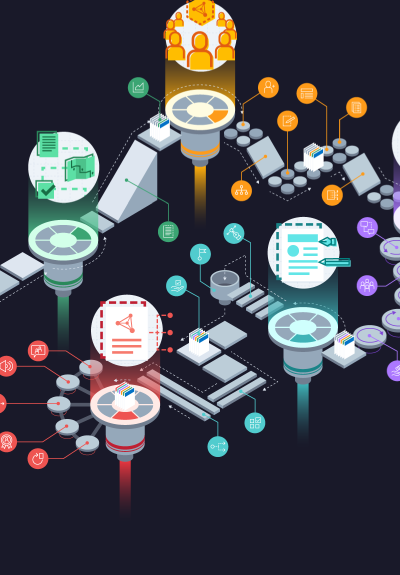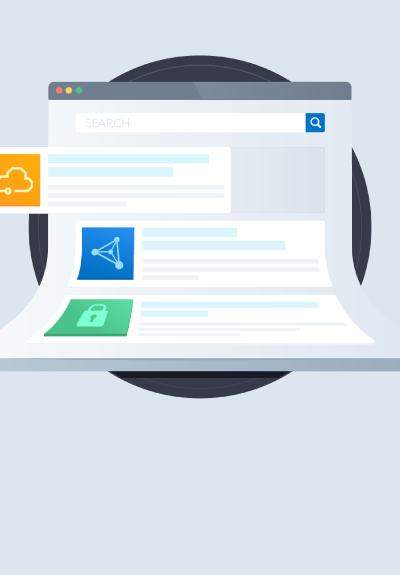Machine learning (ML) is becoming increasingly central to business operations, making the security of ML pipelines essential rather than optional. Machine Learning Operations (MLOps) is a set of repeatable processes to build, deploy, and continuously monitor machine learning models, focusing on three main areas: data, software, and the model itself. Unlike traditional software development, MLOps incorporates operations to machine learning, allowing for development and testing in a reliable, incremental, and repeatable way.
This comprehensive overview explores how DevSecOps practices apply to the ML lifecycle through MLOps, along with Large Language Model Operations (LLMOps), and AI Agent Operations (AgentOps). It reveals that traditional security approaches are insufficient for ML systems due to novel threats such as data poisoning, model inversion, adversarial attacks, and member inference attacks.
This foundational document also sets the stage for a more in-depth MLSecOps research series, which will provide practical guidance on threat modeling ML solutions, implementing DevSecOps practices in MLOps environments, and creating security reference architectures.
Key Takeaways:
- How MLOps encompasses traditional ML, LLMOps, and AgentOps under one unified framework
- The unique security threats that ML systems face and the specialized protection they require
- How stakeholders must collaborate across the four key MLOps stages: design, development, operations, and continuous feedback
- The need for MLSecOps frameworks
Download this Resource
 Best For:
Best For:
- Data Scientists
- Machine Learning Engineers
- Security Engineers
- DevSecOps Practitioners
- IT Operations Teams
- CISOs
- Solution Architects





